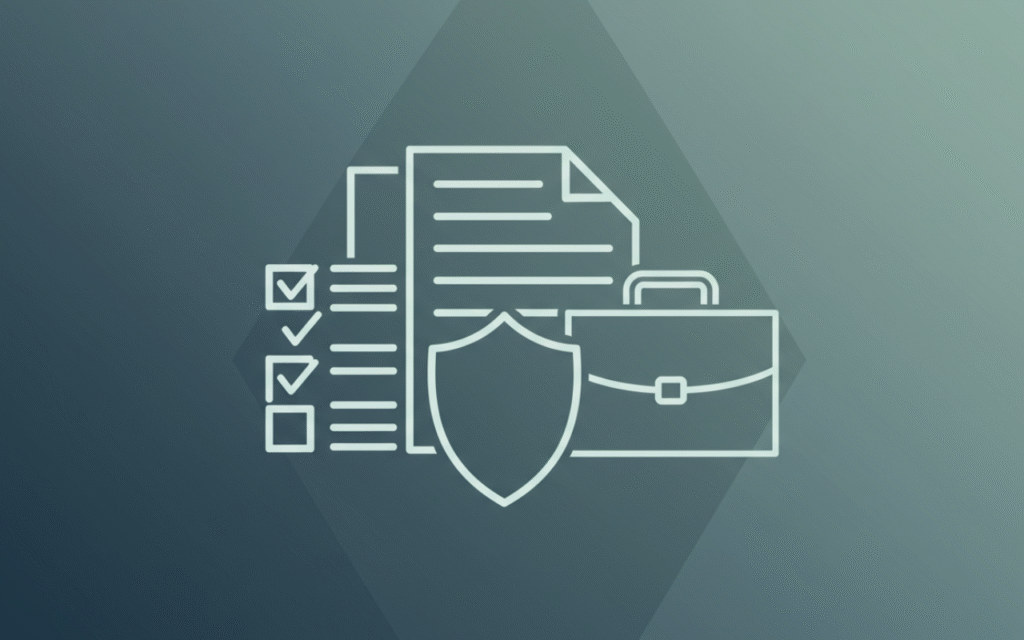In an era where digital security is more critical than ever, the recent breach involving 16 billion passwords has served as a stark reminder of the vulnerabilities that exist in our interconnected world. For companies, protecting sensitive data is not just a necessity but a responsibility. Here are ten friendly yet effective corporate policies that can help prevent such breaches in the future.

1. Implement Strong Password Policies
Encourage employees to create complex passwords that include a mix of letters, numbers, and special characters. Regularly updating these passwords is also crucial. Consider implementing a password manager to help staff manage their credentials securely.
2. Multi-Factor Authentication (MFA)
Adding an extra layer of security through MFA can significantly reduce the risk of unauthorized access. By requiring a second form of verification, such as a text message or authentication app, companies can ensure that even if passwords are compromised, their systems remain protected.
3. Regular Security Training
Educate employees about the latest cyber threats and best practices for maintaining security. Regular workshops or online courses can keep everyone informed and vigilant, fostering a culture of security awareness within the organization.
4. Limit Access to Sensitive Information
Not every employee needs access to all company data. Implement role-based access controls to ensure that individuals only have access to the information necessary for their job functions. This minimizes the risk of accidental or intentional data breaches.
5. Invest in Advanced Security Software
Utilize robust security software that offers features like real-time threat detection, intrusion prevention, and regular system scans. Keeping this software up-to-date is vital to protect against new and evolving threats.
6. Regularly Update Systems and Applications
Outdated software can be a gateway for cybercriminals. Ensure that all systems and applications are regularly updated with the latest security patches to close any vulnerabilities that could be exploited.
7. Conduct Regular Security Audits
Performing regular security audits can help identify potential weaknesses in your company’s defenses. These audits should assess both technical and human factors, providing a comprehensive overview of your security posture.
8. Develop a Response Plan for Breaches
Despite best efforts, breaches can still occur. Having a well-defined response plan ensures that your company can react swiftly and effectively to minimize damage. This plan should include steps for containment, investigation, communication, and recovery.
9. Encrypt Sensitive Data
Encryption is a powerful tool for protecting sensitive information. By converting data into a secure format, companies can ensure that even if it’s intercepted, it remains unreadable without the proper decryption key.
10. Foster a Culture of Transparency and Communication
Encourage open communication about security concerns within your organization. Employees should feel comfortable reporting suspicious activities or potential threats without fear of retribution. This transparency can lead to quicker identification and resolution of security issues.
By implementing these policies, companies can significantly enhance their security posture and reduce the risk of falling victim to massive data breaches like the one involving 16 billion passwords. Remember, cybersecurity is not just a one-time effort but an ongoing commitment to protecting valuable information in our digital age.


![[Blockchain Beyond Cryptocurrency] The Untapped Potential Across Industries](https://mineatech.com/wp-content/uploads/2025/08/blockchain-beyond-cryptocurrency-the-untapped-potential-across-industries-348x215.png)
![What Is a Blockchain Consensus Algorithm? [Explained Simply]](https://mineatech.com/wp-content/uploads/2025/08/what-is-a-blockchain-consensus-algorithm-explained-simply-348x215.png)